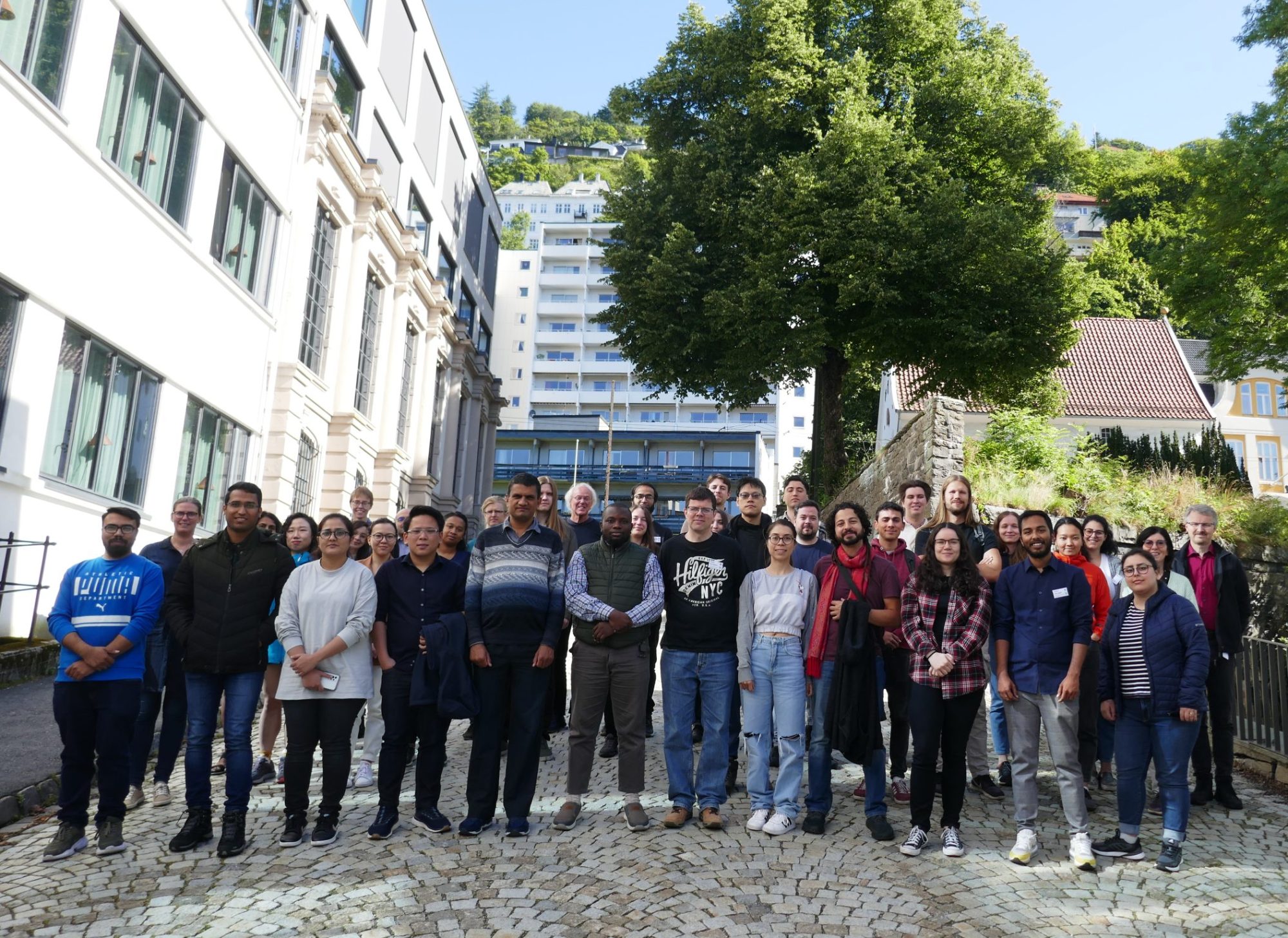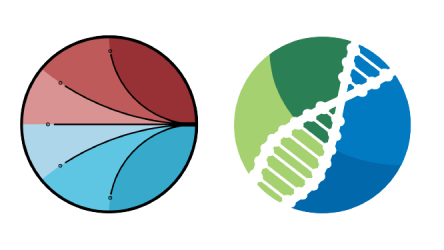Jan Byška is an Assistant professor at Masaryk University, Czech Republic, and an Adjunct Associate professor at the University of Bergen, Norway. He received his Ph.D. degree in 2016 from Masaryk University. From 2016 to 2019, Dr. Byška worked as a postdoc at the University of Bergen.
Dr. Byška’s work centers around visual data science, focusing on various challenges in visualizing biomolecular and spatio-temporal data. He coauthored multiple software tools for visualization of molecular data, among the most notable CAVER Analyst. Additionally, his research interest recently extended towards virtual reality and its use for the exploration of complex molecular data. He is also actively participating in the organization of multiple scientific events in the area of biomolecular visualization (BioVis, MolVA).
Title: Visualizing Large Biomolecular Data
Abstract: With recent technological advancements, we can simulate or gather extensive datasets through experimentation. While this available data opens doors to unprecedented discoveries, it also presents notable hurdles in subsequent analysis. In this invited talk, I will discuss the difficulties of working with extensive biomolecular datasets, and I will provide instances illustrating how the field of visual data science can effectively address these issues. The presentation will primarily center around extensive spatio-temporal data such as molecular simulations consisting of millions of timesteps or larger drug design datasets for virtual screening.

